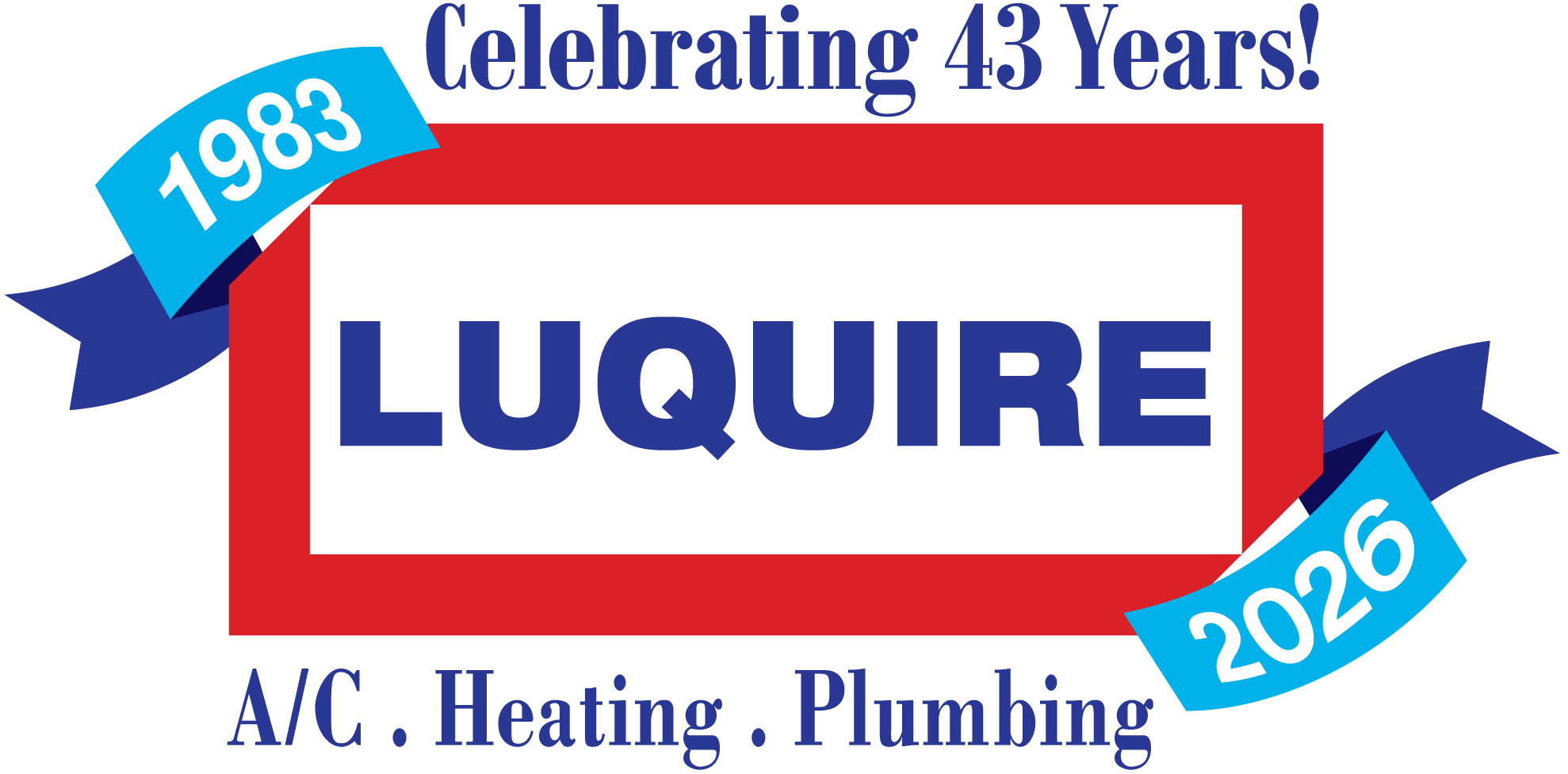Your heat pump in Tuskegee, AL, depends on the compressor to regulate the refrigerant so that it can transfer heat. If your compressor has a problem, your heat pump will either fail to run at all or will operate inefficiently. Consider these four signs you may have a faulty heat pump compressor.
Loud Noises
Besides the whirring of the fan, your heat pump should run nearly silently. Additional noises like screeching, rattling and clattering may indicate an issue with the compressor. These noises could indicate anything from a loose part in the compressor to low refrigerant in the system.
Tripping Breaker
A faulty compressor can create excessive electrical resistance, increasing the electrical draw through the system. This causes the compressor’s breaker to trip to prevent damage to the wiring or a fire. If your heat pump’s breaker trips, don’t try to force it to stay open to run the system.
System Not Blowing Cold Air
Any number of issues can cause the system to blow warm rather than cool air in the summer. If the system doesn’t maintain the correct pressure, it cannot transfer heat from inside your home to the air outside.
Restricted Airflow
Finally, you may notice there is less air coming from your vents when your compressor isn’t working properly. Improperly regulated refrigerant allows the refrigerant lines and coils to freeze. When the coils freeze, they create a physical restriction, preventing air from passing.
Refrigerant leaks often cause compressor problems that put excessive strain on the component. This is completely preventable when you schedule professional heat pump maintenance regularly. Part of the maintenance is checking the refrigerant level to ensure there’s the correct amount to keep it running optimally.
If you suspect your compressor is having an issue, turn your unit off and schedule a service call. Call to schedule your heat pump repair with one of the expert service technicians at Air Conditioning by Luquire today.
Image provided by iStock


